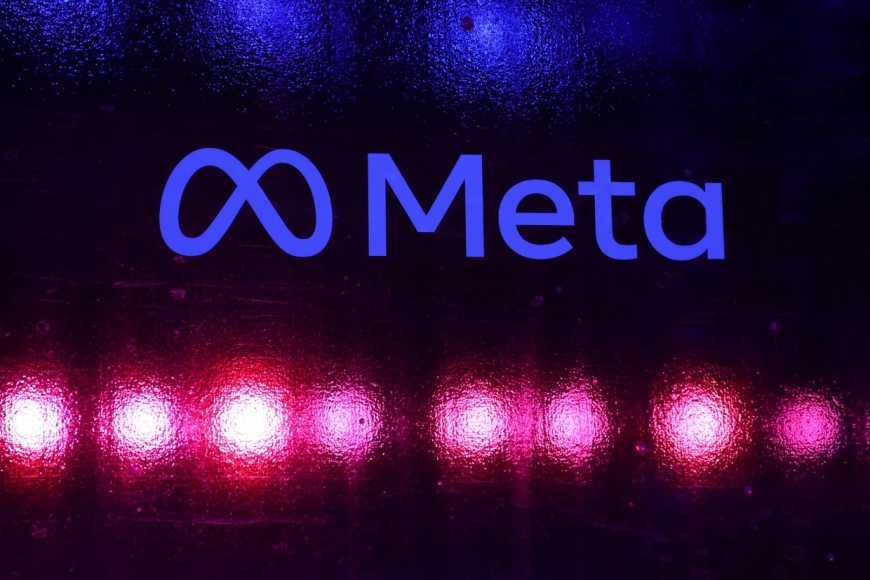Former Meta Employee Files Lawsuit Alleging Retaliation Over Censorship Concerns

A Palestinian-American software engineer has filed a lawsuit against Meta Platforms, Inc., claiming he was wrongfully terminated for investigating allegations that the company censored Palestinian creators and activists on Instagram. The lawsuit, filed by Ferras Hamad, alleges discrimination and retaliation by Meta, the parent company of Instagram and Facebook.
Hamad's legal team contends that he was fired in February for probing user complaints about censorship of Palestinian content, a task that was part of his job responsibilities. The lawsuit, filed on Tuesday, states that Hamad "was scrutinized, interrogated, and terminated because he was of Palestinian national origin and/or Muslim" and because of his investigation into the censorship claims.
"Ferras Hamad is simply the latest victim of Meta’s callous, chronic, and consistent anti-Palestinian bias," the lawsuit claims.
Meta has denied these allegations, stating that Hamad was terminated for violating the company's data access policies. "The employee was dismissed for violating Meta’s data access policies, which we make clear to employees will result in immediate termination," the company said in a statement on Wednesday.
According to Meta, these internal policies govern what data employees can access and under what circumstances. Hamad’s lawyers argue that he did not violate any policies and was fulfilling his duties when he investigated whether Palestinians were being censored. They claim the alleged violation was based on an incorrect accusation that Hamad personally knew Palestinian photographer Motaz Azaiza while attempting to restore Azaiza’s Instagram account. The lawsuit states that Hamad and Azaiza have never met.
Hamad, who joined Meta in March 2022, focused on machine learning and location-based recommendations, including those related to breaking news. The lawsuit notes that Hamad had consistently high performance ratings and was on track to vest company stock and receive an annual bonus before his termination.
Hamad’s firing has reignited debates about Meta's handling of content related to the Israeli-Palestinian conflict. Human Rights Watch and Meta's independent Oversight Board have previously criticized the company for allegedly suppressing pro-Palestinian voices. In December, the Oversight Board noted that Meta had been "overbroad" in removing posts containing the Arabic word "shaheed" (martyr).
Meta has defended its content moderation practices, acknowledging the complexity and volume of content it manages during polarized conflicts. "We readily acknowledge we make errors that can be frustrating for people, but the implication that we deliberately and systemically suppress a particular voice is false," the company stated.
The lawsuit underscores broader concerns about perceived biases in Meta’s content moderation, particularly regarding Palestinian-related posts. Hamad’s legal team asserts that similar issues related to other conflicts, such as the Russia-Ukraine war, are handled differently.
"When it comes to Israel or Ukraine, if you message about loved ones who died or civilians who died then you’re treated differently," said Joe Ahmad, one of Hamad’s attorneys.
As this legal battle unfolds, it highlights ongoing tensions within social media platforms over content moderation policies and their impacts on global political issues.













































